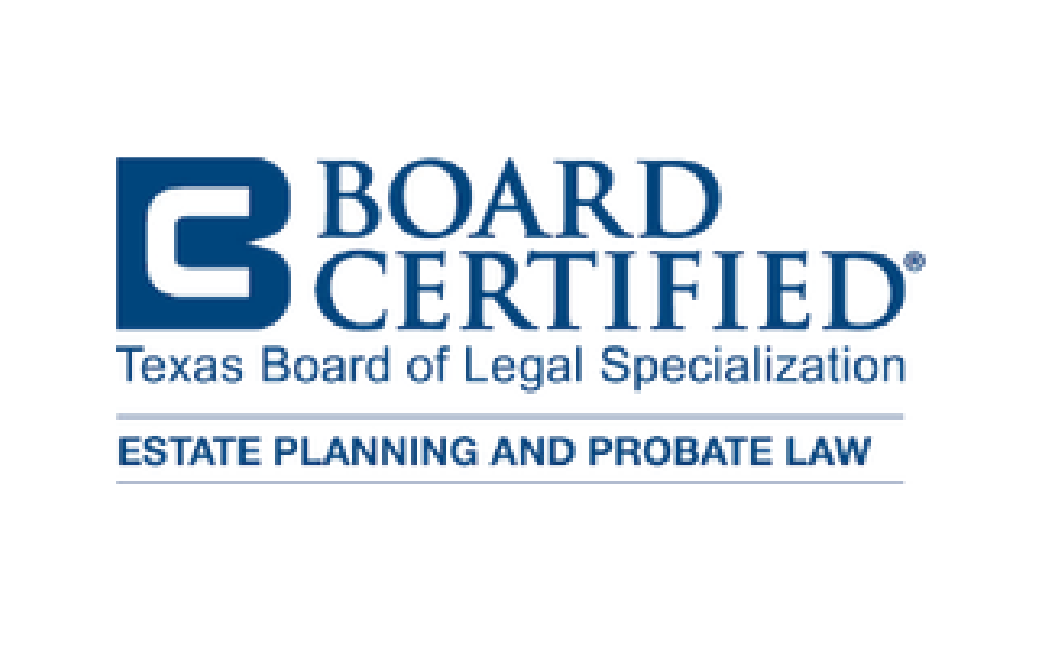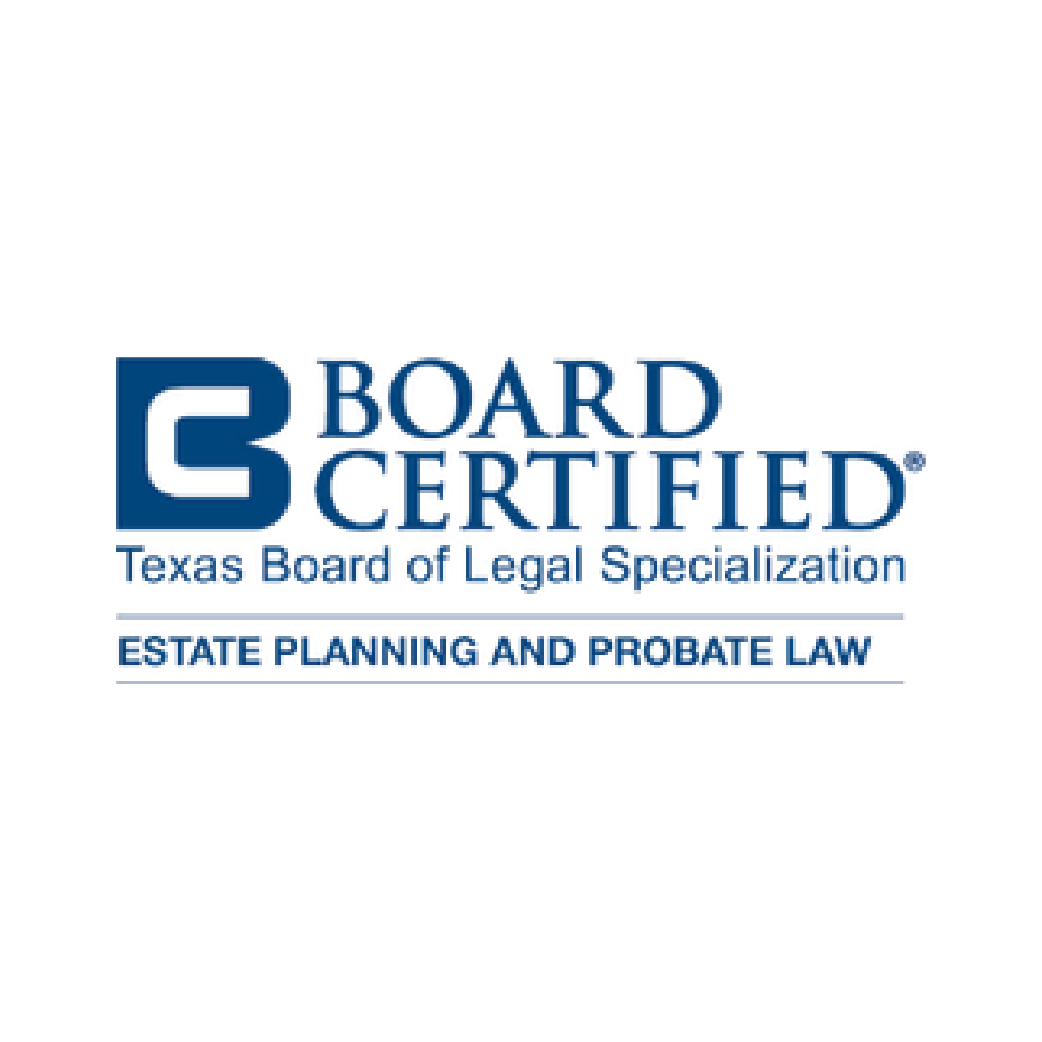Judith P. Kenney & Associates Blogs
Choosing the Right Probate Litigation Attorney: Tips for Success
When facing the complexities of probate disputes, finding the right legal guidance is paramount. The expertise and guidance of probate litigation attorneys can make all the difference in resolving disputes related to wills, estates, and inheritances. These legal professionals specialize in navigating the intricacies of probate law, ensuring that your rights and interests are protected throughout the legal process.
Choosing the ideal probate litigation attorney is a critical decision that can significantly impact the outcome of your case. Whether you're contesting a will, addressing inheritance disputes, or dealing with executor challenges, having the right attorney by your side can make the process smoother and more favorable.
In this article, we'll provide valuable insights and tips to help you make an informed choice when selecting a probate litigation attorney. Understanding your specific needs, conducting thorough research, and assessing qualifications are just a few of the key steps that will lead you to the
best legal representation
for your probate dispute.
Understand Your Needs
Before embarking on your search for a probate litigation attorney, it's crucial to have a clear understanding of your specific needs. Probate disputes can vary widely, from contesting a will's validity to addressing issues with estate administration.
To determine your precise requirements, take some time to assess the nature of your probate dispute. Are you facing challenges with the distribution of assets, disputes among beneficiaries, or concerns about the actions of an executor? Each situation may require a different approach and expertise.
Additionally, consider the complexity of your case. Some probate disputes are relatively straightforward, while others involve intricate legal and financial matters. Knowing the intricacy of your situation will help you identify an attorney with the right skill set and experience to handle your case effectively.
By understanding your needs and the unique aspects of your probate dispute, you can embark on your attorney search with a clear focus and a better chance of finding the right legal professional to represent your interests.
Research Potential Attorneys
Once you have a clear understanding of your needs, it's time to embark on the crucial step of researching potential probate litigation attorneys. This step can significantly impact the outcome of your case, so it's essential to invest time and effort in your search.
Begin by exploring reputable sources to identify potential attorneys. You can consult local bar associations, legal directories, or seek recommendations from friends, family, or colleagues who may have had experiences with probate litigation attorneys. Online resources and reviews can also provide valuable insights into attorneys' reputations and track records.
Create a list of prospective attorneys based on your research, ensuring that they specialize in probate litigation. This initial list will serve as your foundation for further evaluation.
Remember that thorough research is essential to ensure you make an informed decision when choosing a probate
litigation attorney
. Taking the time to gather information and compile a list of potential candidates is a crucial step in the selection process.
Check Qualifications and Experience
Once you've compiled a list of prospective probate litigation attorneys, the next step is to delve deeper into their qualifications and experience. This stage of the selection process is critical in ensuring that you choose an attorney with the expertise required to handle your specific probate dispute.
First and foremost, verify the qualifications of the attorneys on your list. Confirm that they are licensed to practice law in your jurisdiction and are in good standing with the relevant bar association. Additionally, inquire about any specialized certifications or memberships in professional organizations related to probate law.
Next, focus on their experience in probate litigation. Assess how long they have been practicing in this specific field and inquire about their track record of handling cases similar to yours. Experienced attorneys often bring valuable insights and strategies to the table, increasing your chances of a favorable outcome.
Consider asking for references or case examples that highlight their past successes in probate litigation. This will give you a better understanding of their abilities and the results they have achieved for clients facing similar challenges.
By thoroughly checking qualifications and experience, you can narrow down your list of potential probate litigation attorneys to those who possess the necessary expertise to handle your case effectively. This step is vital in ensuring that you make an informed and confident decision when choosing legal representation.
Read Reviews and Seek Recommendations
To further refine your search for the right probate litigation attorney, it's essential to gather insights from previous clients and seek recommendations from trusted sources. Reading reviews and receiving referrals can provide valuable perspectives on an attorney's performance and reputation.
Start by exploring online reviews and testimonials from clients who have worked with the attorneys on your list. Websites and platforms dedicated to attorney reviews can offer firsthand accounts of clients' experiences. Pay attention to both positive and negative feedback to gain a comprehensive view of an attorney's strengths and weaknesses.
Additionally, don't hesitate to seek recommendations from your network. Friends, family members, colleagues, or acquaintances who have dealt with probate disputes may have valuable insights to share. Personal referrals often come with a high level of trust and credibility.
While reviews and recommendations are valuable sources of information, it's essential to keep in mind that individual experiences may vary. Consider multiple perspectives and use this information as one of several factors in your decision-making process.
Interview Potential Attorneys
As you narrow down your list of potential probate litigation attorneys, the next crucial step is to schedule interviews or initial consultations with the candidates. This step allows you to interact directly with the attorneys, ask questions, and assess their suitability for your case.
During the interviews, it's important to focus on several key aspects:
1. Experience: Inquire about the attorney's experience in handling probate litigation cases similar to yours. Ask for examples of cases they have successfully resolved.
2. Approach: Discuss the attorney's approach to handling probate disputes. Understand their strategies, timelines, and communication methods.
3. Fees: Clarify the attorney's fee structure and any potential additional costs. Ensure transparency regarding billing practices.
4. Communication: Assess the attorney's communication style and responsiveness. Effective communication is crucial in navigating complex legal matters.
5. Conflict of Interest: Inquire if there are any potential conflicts of interest that may affect their representation.
6. References: Request references or client testimonials to verify their track record.
By conducting interviews, you can gain a deeper understanding of each attorney's qualifications, approach, and compatibility with your needs. This personal interaction will help you make an informed decision and select an attorney who instills confidence in handling your probate litigation case effectively.
Assess Fees and Billing Structure
Understanding the financial aspects of hiring a probate litigation attorney is a critical step in the selection process. While you may have discussed fees during your initial interviews, it's essential to delve deeper into the attorney's billing structure to avoid surprises down the road.
Begin by seeking clarification on the attorney's fee arrangement. Probate litigation attorneys typically work on an hourly fee basis or may offer contingency fees, where they receive a percentage of the settlement or judgment if successful. Ensure you have a clear understanding of how and when you will be billed.
Discuss any potential additional costs that may arise during your case, such as court fees, expert witness fees, or administrative expenses. Understanding these potential expenses upfront will help you budget accordingly.
It's also advisable to inquire about the attorney's policies regarding fee disputes or changes in the fee structure during the course of your case. Transparency in billing practices is essential to maintain a positive attorney-client relationship.
By thoroughly assessing fees and the billing structure, you can make an informed decision and avoid any financial surprises as your probate litigation case progresses. This transparency ensures that you are on the same page with your chosen attorney regarding the financial aspects of your legal representation.
Evaluate Compatibility and Trust
Beyond qualifications and fees, assessing compatibility and building trust with your chosen probate litigation attorney is of paramount importance. The success of your case often hinges on a strong client-attorney relationship built on communication, trust, and mutual respect.
During your interactions with potential attorneys, pay close attention to how comfortable you feel discussing your case and concerns. Do you feel heard and respected? Effective communication is essential in legal proceedings, and a compatible working relationship can significantly impact the outcome.
Trust is another crucial factor. Ensure that you have confidence in the attorney's abilities and judgment. Trusting your attorney to represent your best interests and make sound legal decisions is fundamental to a successful partnership.
Consider discussing the attorney's approach to client communication and case updates. Transparency and regular updates on case progress can help build trust and ensure that you are well-informed throughout the legal process.
Ultimately, choosing a probate litigation attorney with whom you have a positive and trusting rapport can contribute to a smoother and more successful resolution of your case. Compatibility and trust are intangible but invaluable qualities that can make your legal journey more manageable and less stressful.
Check References
Before making your final decision, it's prudent to check references provided by the probate litigation attorney you are considering. Speaking with past clients who have firsthand experience working with the attorney can provide valuable insights into their performance, communication, and overall effectiveness.
When contacting references, consider asking the following questions:
1. How satisfied were you with the attorney's representation in your probate litigation case?
2. Did the attorney demonstrate expertise and proficiency in handling your specific legal issues?
3. How would you describe the attorney's communication style and responsiveness?
4. Were you kept well-informed about the progress of your case?
5. Did the attorney meet your expectations in terms of the outcome and resolution of your probate dispute?
Listening to the experiences of previous clients can help you gain a better understanding of what it's like to work with the attorney and what results you can expect. It also provides an additional layer of reassurance that you are making an informed decision based on real-world feedback.
By checking references, you can further validate your choice of a probate litigation attorney and ensure that their track record aligns with your expectations for your case.
Make an Informed Decision
After conducting thorough research, interviews, and reference checks, you are well-equipped to make an informed decision when choosing the right probate litigation attorney for your case. It's important to weigh all the factors you've considered and trust your judgment in selecting the attorney who best aligns with your needs and expectations.
Remember that the attorney you choose will play a pivotal role in the resolution of your probate dispute. Their expertise, experience, and compatibility with your communication style can significantly impact the outcome. Therefore, take your time in evaluating all aspects of your potential attorney-client relationship.
Once you have made your decision, it's advisable to have a clear and comprehensive agreement in place, outlining the terms, fees, and expectations for representation. This agreement will serve as a solid foundation for a successful partnership.
By following these steps and making an informed decision, you can move forward with confidence, knowing that you have chosen the right probate litigation attorney to represent your interests effectively in your probate dispute.
Conclusion
Choosing the right probate litigation attorney is a crucial step in navigating the complexities of probate disputes. With a clear understanding of your needs, diligent research, and thorough evaluation, you can make an informed decision that sets the stage for a successful resolution of your case.
At
Judith P. Kenney & Associates, P.C.
, we understand the significance of this decision, and we are here to assist you every step of the way. Our team of experienced probate litigation attorneys is dedicated to providing expert legal guidance tailored to your unique situation. We prioritize effective communication, trust, and compatibility to ensure a positive attorney-client relationship.
To discuss your probate litigation needs and explore how our services can benefit you, please contact us at
(972) 713-6133
. We are committed to helping you achieve a favorable outcome in your probate dispute. Your peace of mind and legal success are our top priorities.







